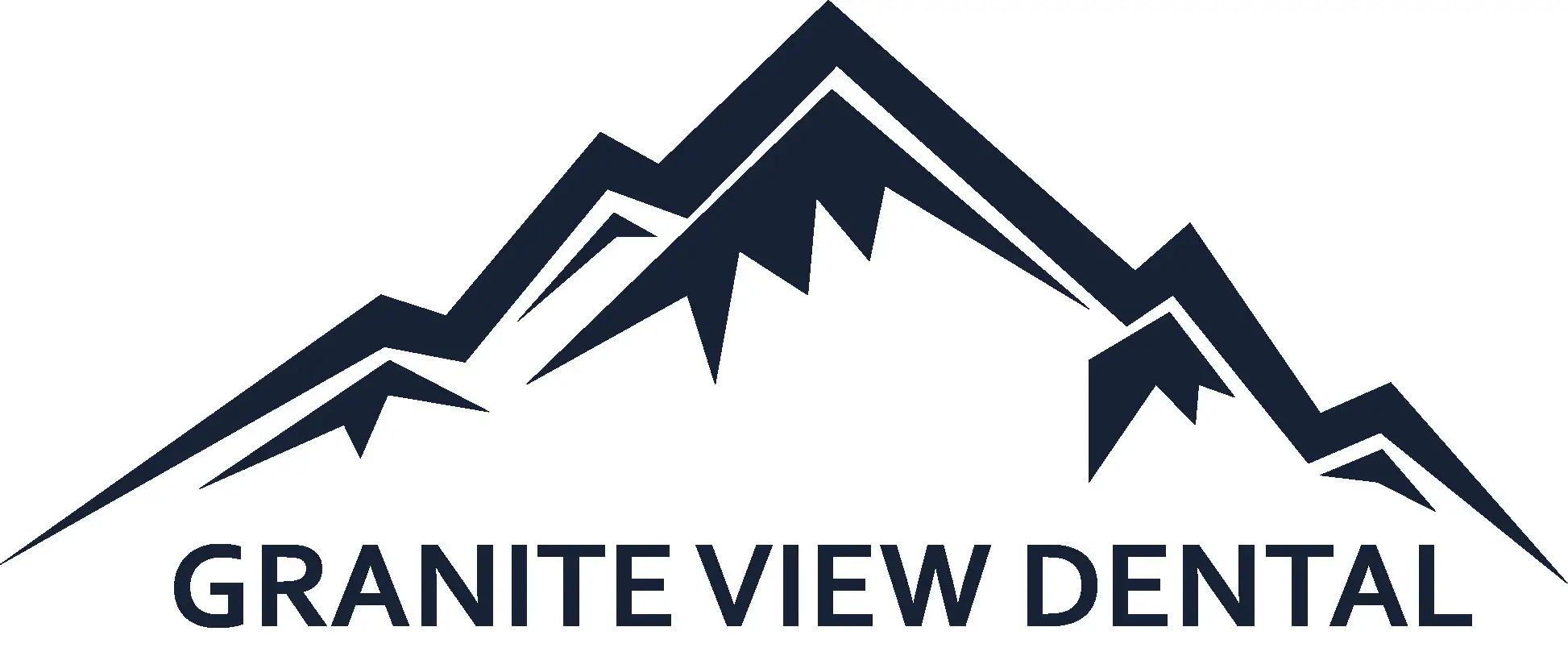Sleep Apnea
Sleep apnea is a sleep disorder characterized by interruptions in breathing during sleep, often accompanied by loud snoring and daytime fatigue. It can be categorized into obstructive sleep apnea (OSA), where the airway becomes blocked, and central sleep apnea (CSA), where the brain fails to signal the muscles to breathe. Risk factors include obesity, older age, and anatomical factors like a narrow airway.
Diagnosis typically involves a sleep study and treatment options range from lifestyle changes (weight loss, positional therapy) to oral appliances offered by our dentist in Sandy, UT, and medical interventions such as CPAP therapy or surgery. Untreated sleep apnea can lead to serious health issues like high blood pressure, heart disease, and stroke, making early diagnosis and management crucial for improving sleep quality and overall health.
Symptoms of Sleep Apnea
- Snoring is often a prominent symptom of sleep apnea, especially if it is loud and frequent. It occurs due to restricted airflow caused by the relaxation of throat muscles during sleep.
- Individuals with sleep apnea may experience sudden awakenings with a gasping or choking sensation as they resume breathing after a pause.
- Excessive daytime sleepiness is a hallmark symptom of sleep apnea. Sleep apnea patients often feel tired, groggy, or unrefreshed during the day despite spending enough time in bed.
- Waking up with a headache or feeling unrested in the morning is common among those with sleep apnea, often due to disruptions in sleep patterns and decreased oxygen levels.
- Poor concentration, memory problems, and difficulty focusing on tasks are cognitive symptoms associated with sleep apnea, which results from disrupted sleep.
- Sleep deprivation caused by sleep apnea can lead to irritability, mood swings, and emotional instability.
- Waking up with a dry mouth or sore throat can indicate breathing through the mouth during sleep, which is common in individuals with sleep apnea.
Treatment Options
Continuous Positive Airway Pressure (CPAP) Therapy
Continuous Positive Airway Pressure (CPAP) therapy is the gold standard for moderate to severe obstructive sleep apnea (OSA). It involves wearing a mask connected to a machine that delivers a steady stream of air pressure into the throat, keeping the airway open during sleep. This prevents pauses in breathing (apneas) and snoring.
CPAP machines come in various designs to accommodate different comfort preferences, such as masks that cover the nose, the nose and mouth (full-face masks), or nasal pillows that fit directly into the nostrils. While effective, CPAP therapy requires regular use to maintain benefits, and adjustments may be needed to ensure comfort and effectiveness.
Benefits:
- Helps prevent apneas and hypopneas, improving sleep quality.
- Provides immediate relief from symptoms such as snoring and daytime fatigue.
- Lowers the risk of cardiovascular problems associated with untreated sleep apnea.
Bi-level Positive Airway Pressure (BiPAP) Therapy
Bi-level Positive Airway Pressure (BiPAP) therapy is similar to CPAP but delivers two different air pressure levels: a higher pressure during inhalation and a lower pressure during exhalation. This variation can benefit patients who find it difficult to exhale against a continuous high-pressure airflow, making BiPAP a suitable alternative for those who may not tolerate CPAP therapy well. BiPAP machines are typically prescribed for patients with specific respiratory conditions or who require higher pressure support during sleep.
Benefits:
- Mimics natural breathing patterns, making it more comfortable for some users.
- Allows for different pressure settings during inhalation and exhalation.
- It may improve compliance in individuals who struggle with standard CPAP therapy.
Oral Appliances (Mandibular Advancement Devices)
Oral appliances are custom-made dental devices worn in the mouth during sleep to reposition the lower jaw (mandible) and tongue, keeping the airway open and reducing the frequency of apneas. These devices are primarily used for mild to moderate obstructive sleep apnea or patients who cannot tolerate CPAP therapy.
Oral appliances are designed to slightly advance the lower jaw (mandibular advancement), which helps prevent the collapse of the tongue and soft tissues in the back of the throat. Regular follow-up visits with a dentist or sleep specialist are necessary to ensure the device fits properly and is effective. Contact us today to explore various options for financing your treatments.
Benefits:
- Does not require surgery or masks.
- Custom-fit for individual comfort and effectiveness.
- Easy to travel with and use anywhere.
Surgery
Surgical treatment options for sleep apnea are typically considered when other non-surgical interventions have not been effective or suitable. One common surgical procedure is uvulopalatopharyngoplasty (UPPP), which involves removing excess tissue from the throat, such as the uvula, tonsils, and part of the soft palate, to widen the airway. Another option is genioglossus advancement, where the tongue muscle attachment is moved forward to prevent it from collapsing backward during sleep.
Maxillomandibular advancement surgery repositions the upper and lower jaw to enlarge the airway. These surgeries aim to reduce the obstruction that causes sleep apnea and may be recommended based on individual anatomy and severity, often requiring thorough evaluation and consultation with a sleep specialist and surgeon.
Benefits:
- Surgery can provide a long-term solution for some patients.
- Suitable for patients who do not respond to or cannot tolerate CPAP therapy or oral appliances.
Sleep apnea is a severe condition that requires medical attention and proper diagnosis. If you suspect you or someone you know has sleep apnea, visit Granite View Dental at 1030 E 11400 S, Suite 2, Sandy, UT 84094, or call (801) 255-2100 for proper evaluation and management.
Office Hours
MON - WED9:00 am - 5:00 pm
THU7:00 am - 3:00 pm
FRI8:00 am - 3:00 pm
SAT - SUNClosed
